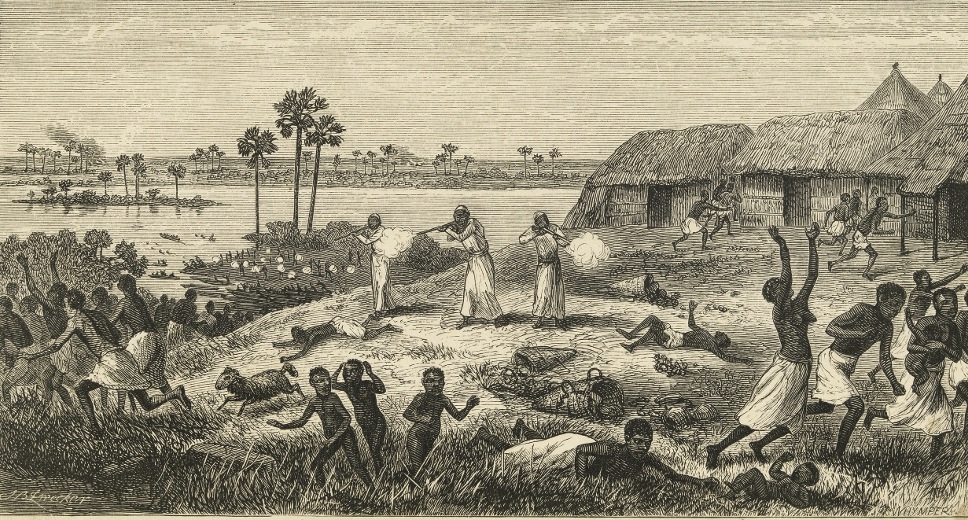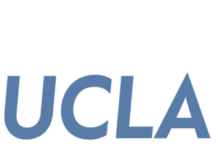Adrian S. Wisnicki, assistant professor of nineteenth-century British literature at Indiana University in Pennsylvania, recently completed work on restoring the original field diary of David Livingstone, the British explorer of Africa. Until now, the only known account of Livingstone’s views of a massacre he witnessed in Nyangwe in the Congo, was the book The Last Journals of David Livingstone, edited by the explorer’s friend Horace Waller. About 400 people, mostly women, died in the massacre perpetrated by Arab slave traders.

Livingstone had made ink from berries and wrote an eyewitness account of the massacre on the pages of a London newspaper, but until now this account was largely illegible. Using digital imaging technology Wisnicki and his team were able to decipher Livingstone’s original text. They found that his personal account differed substantially from the story offered in Waller’s book.
The diary suggests that members of Livingstone’s party may have participated in the massacre and that Livingstone’s refusal to intervene caused him great anguish. Professor Winicki states, “Instead of the saintly hero of Victorian mythology, the man who speaks directly to us from the pages of his private diary is passionate, vulnerable and deeply conflicted about the violent events he witnesses, his culpability and the best way to intervene — if at all.”
The field diary has been published by the UCLA Digital Library Program and is available here.











